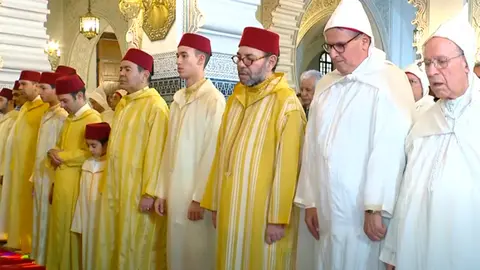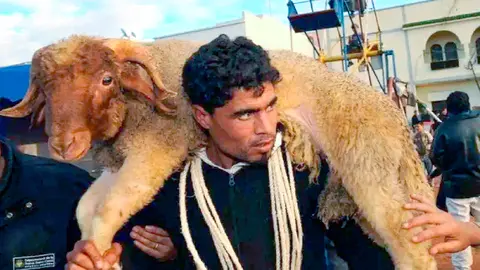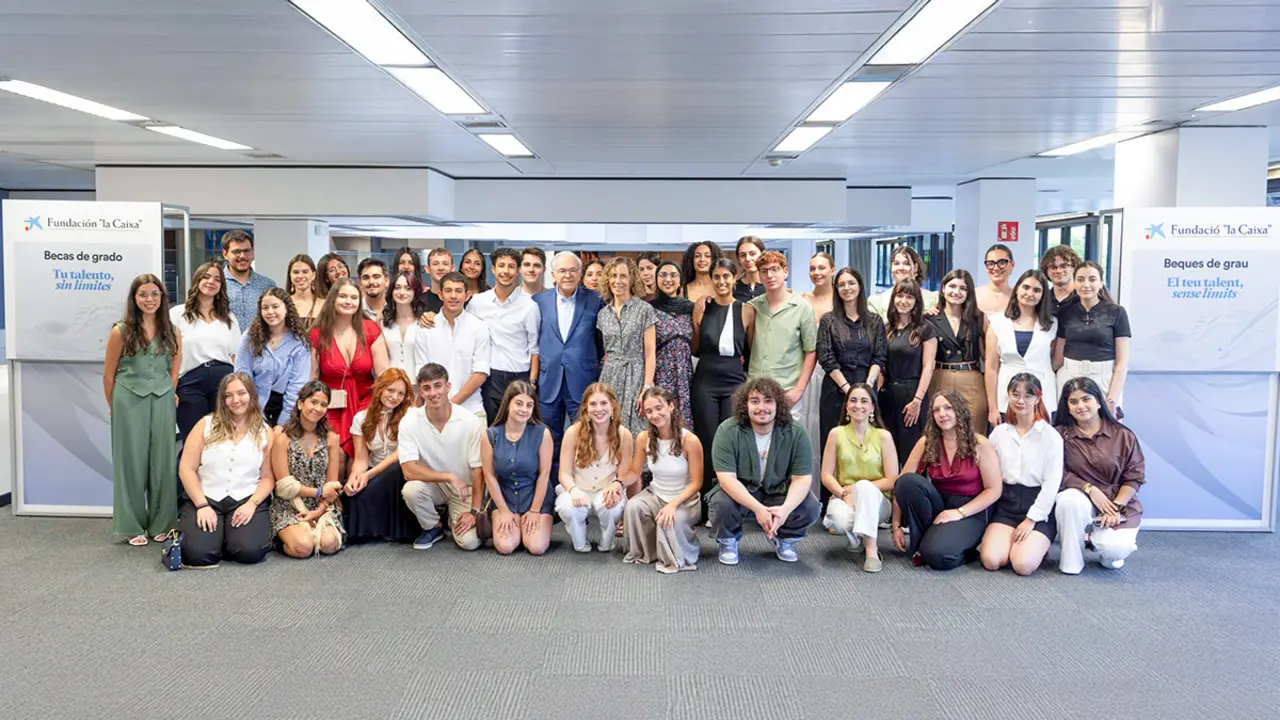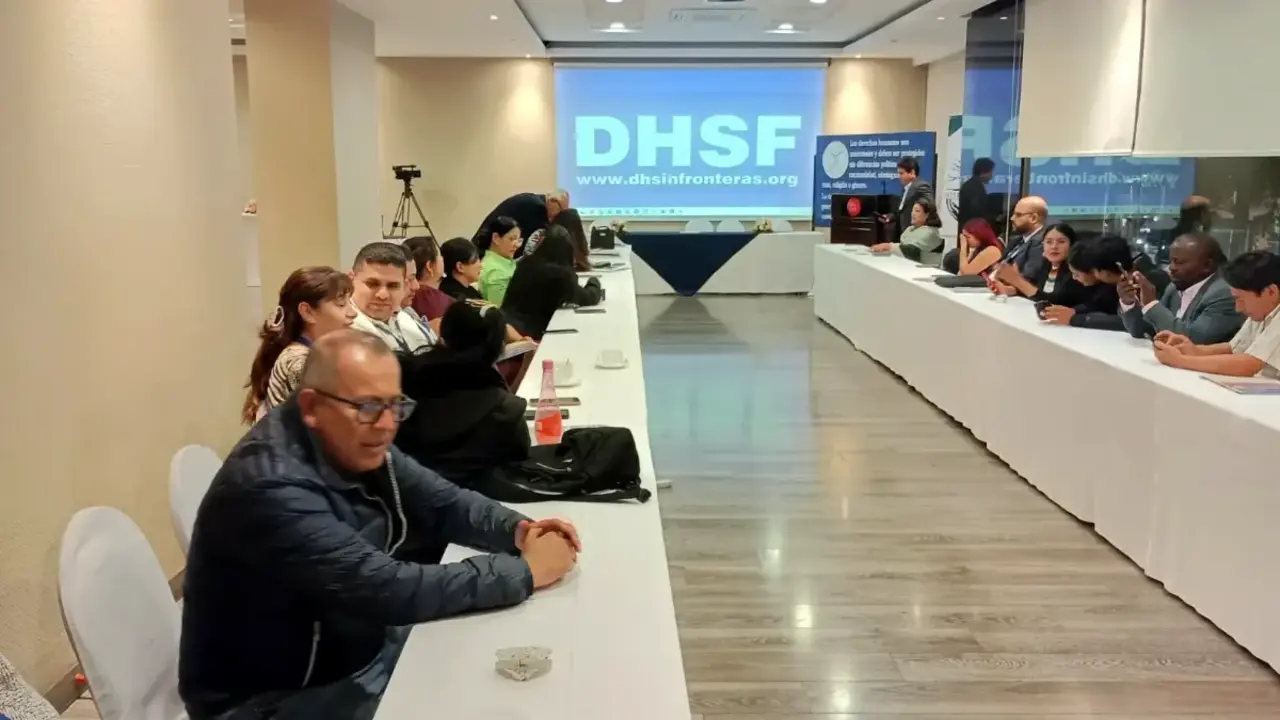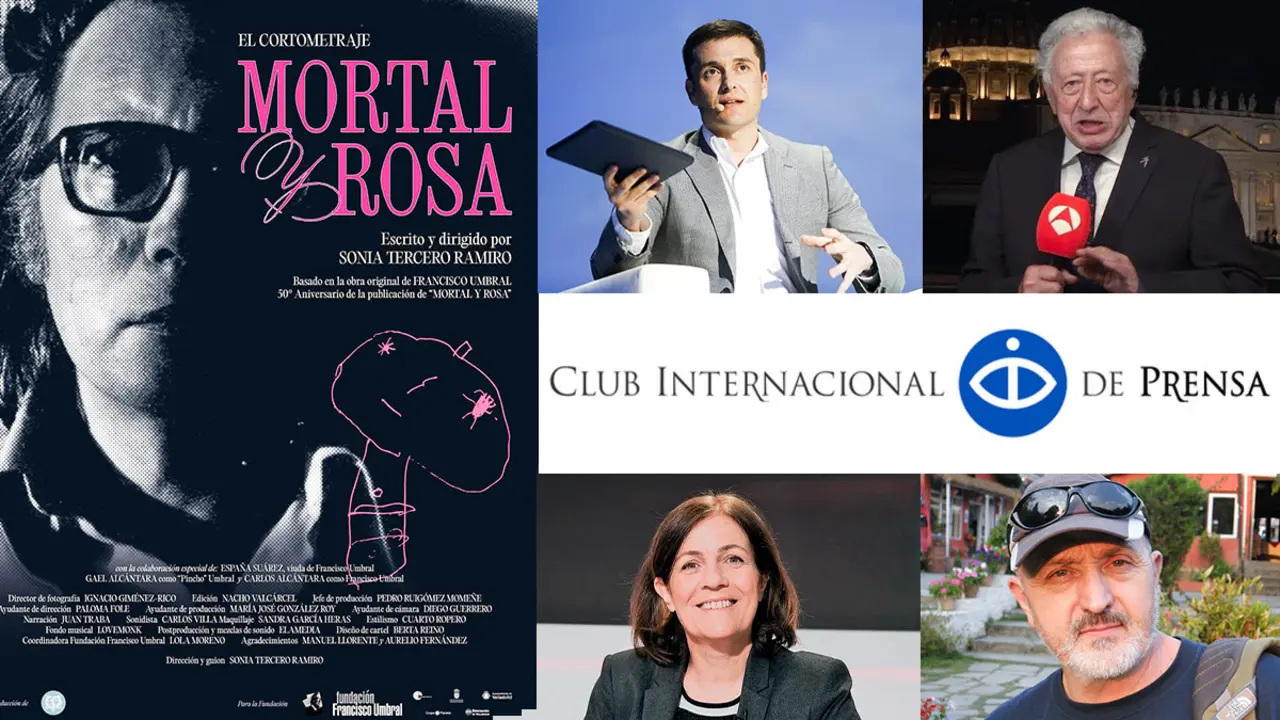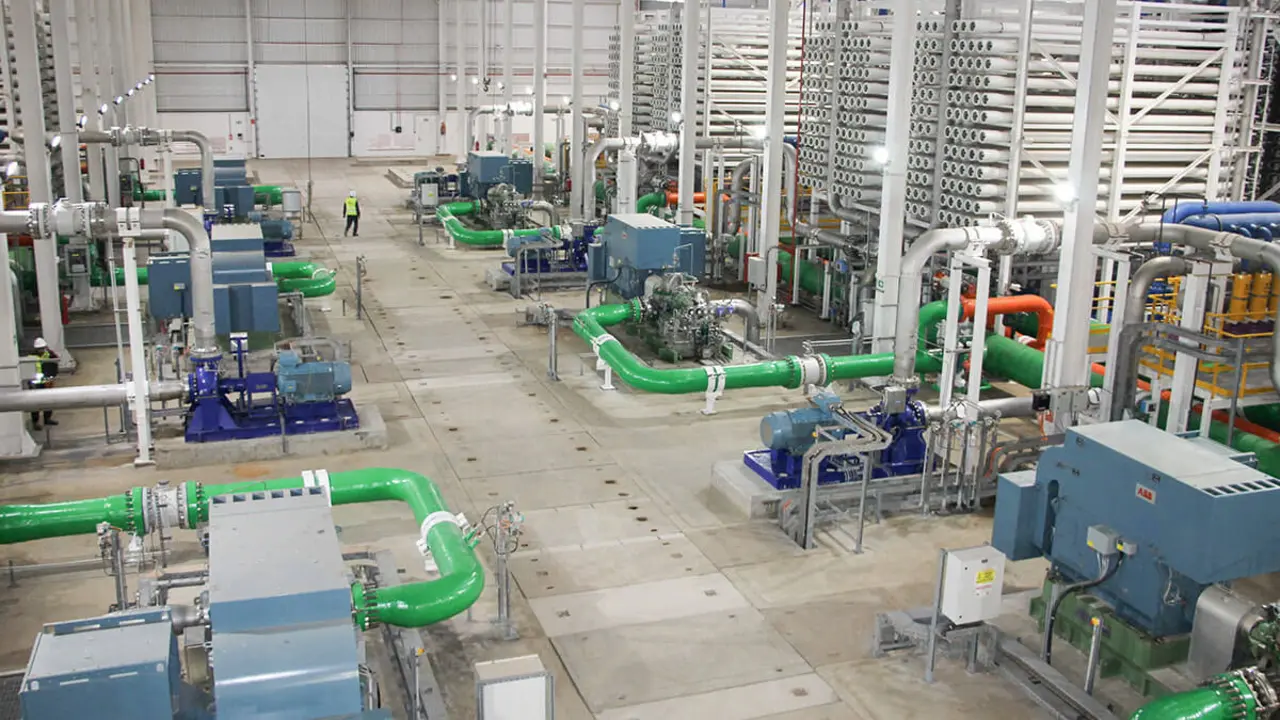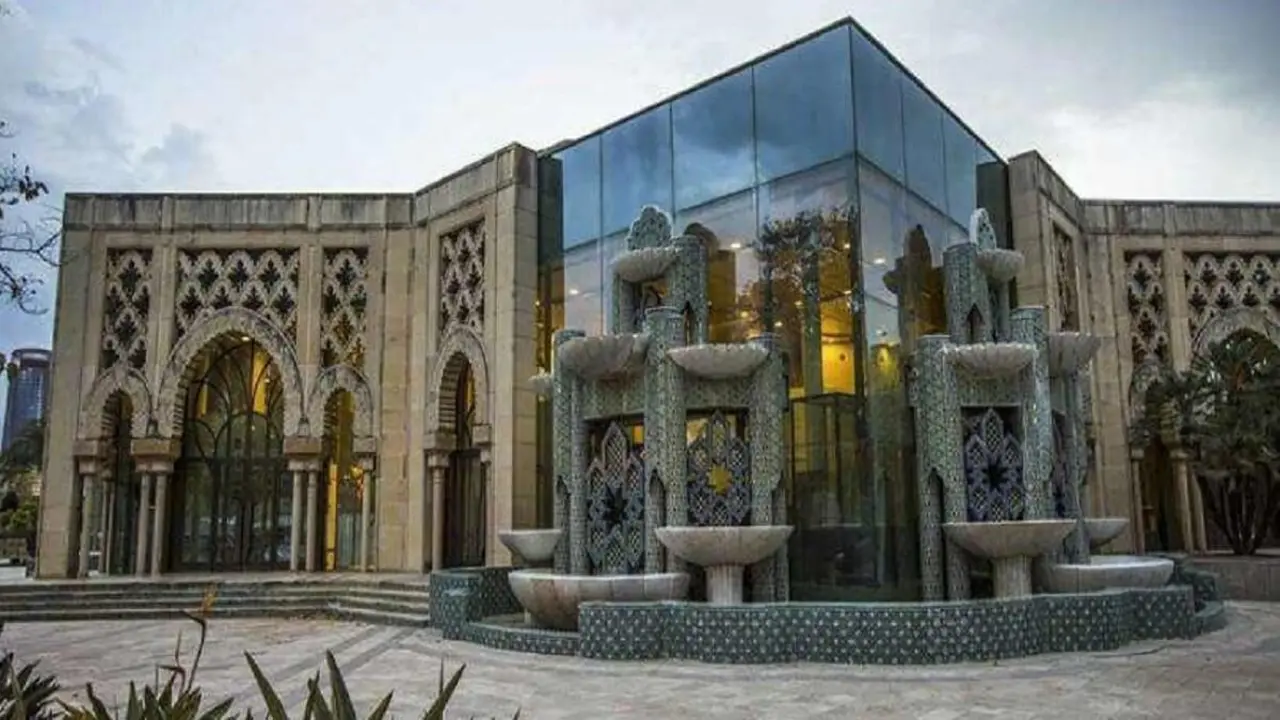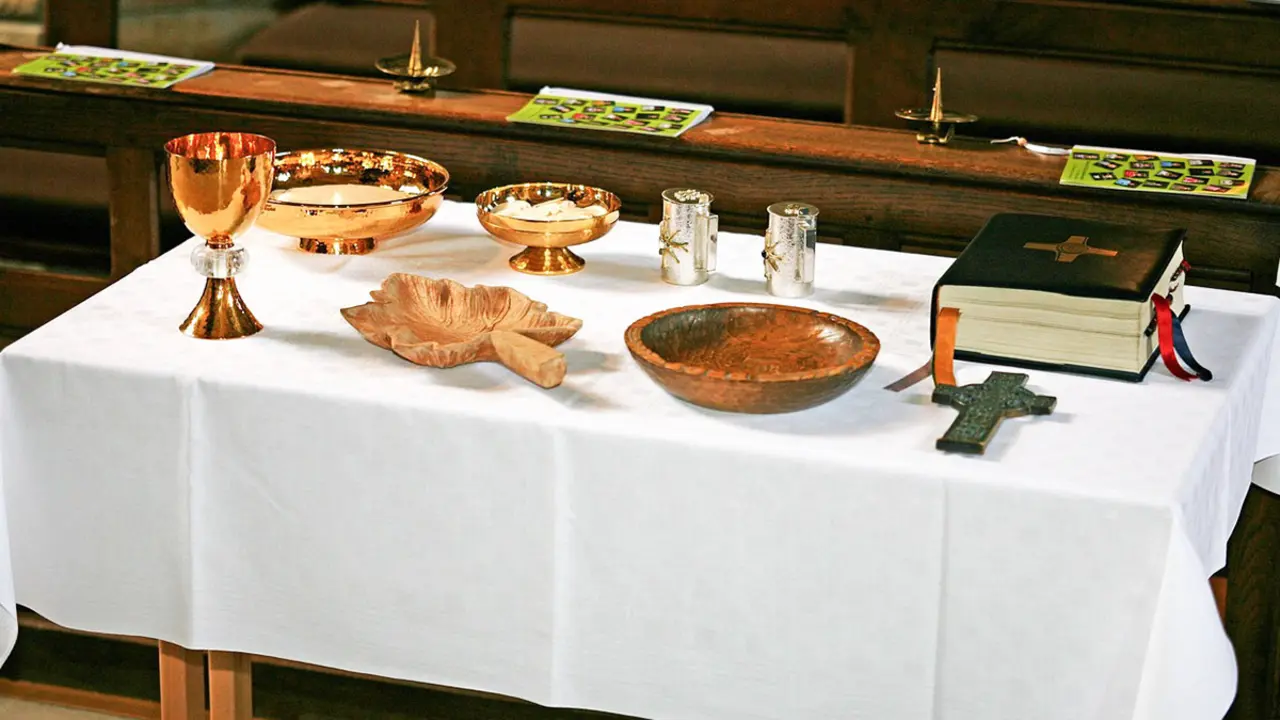Morocco welcomes Eid al-Adha 2025 with exceptional measures: animal sacrifices suspended by royal order
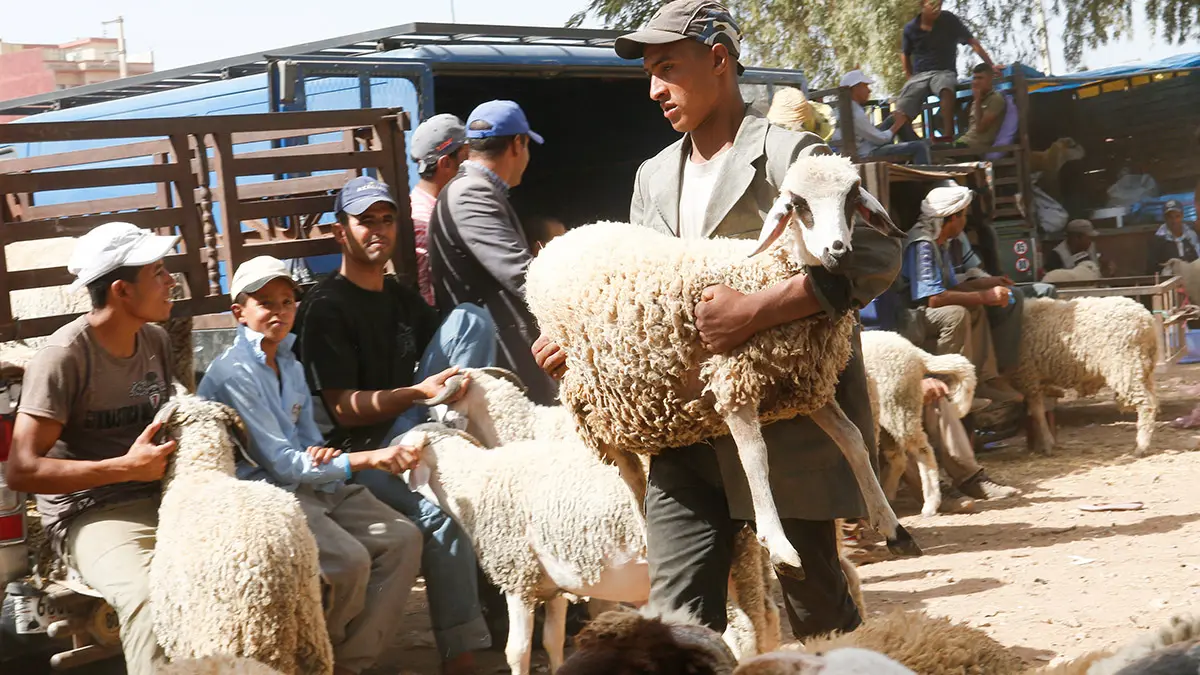
In an unprecedented move, Morocco will celebrate Eid al-Adha this year without the traditional mass animal sacrifice. This decision was taken by King Mohammed VI, who, concerned about the alarming decline in the national livestock population and the economic difficulties faced by population, issued a directive urging citizens to refrain from performing the ritual.
The royal order has had immediate effects: Moroccan authorities have launched a national campaign to close livestock markets throughout the country. Governors and local officials have been instructed to ban the sale and slaughter of animals, temporarily close municipal slaughterhouses and, in some areas, even restrict the sale of utensils associated with the ritual sacrifice.
This decision responds to a critical reality: since 2016, Morocco has lost 38% of its sheep, falling from 11 million breeding females to 8.7 million in 2024. Prolonged droughts, the COVID-19 pandemic and inflation in meat prices have jeopardised the sector's sustainability. In previous years, between 5.5 and 6 million head of livestock were slaughtered during this festival, an unsustainable figure under current climatic and economic conditions.
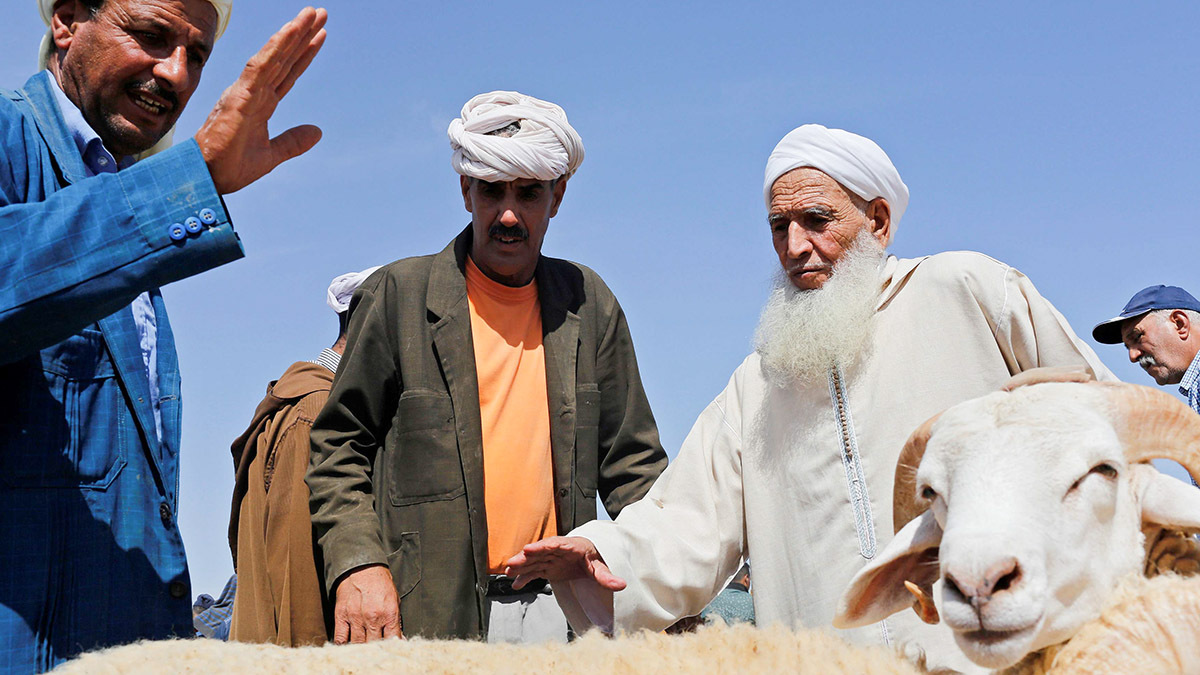
Aware of the religious and symbolic significance of this date, the monarch has decided to personally perform a sacrifice on behalf of all Moroccans, thus evoking the example of Muhammad, who also sacrificed on behalf of believers who were unable to do so.
Despite the absence of the ritual, Eid al-Adha remains a sacred occasion. The government has declared Monday 9 June a special holiday to allow Moroccan families to extend the celebration, which will officially take place on Saturday 7 June (10 Dhu al-Hijjah 1446 AH).
Many Moroccans have welcomed this decision with respect, although it will not be without consequences: street vendors, traders and temporary workers who depend on the economic activity of this time of year will see their incomes affected. To mitigate the impact, the state has launched an aid programme worth 3 billion dirhams, with an additional injection of 3.2 billion planned for 2026, focused on the recovery of female breeding livestock.
What is Eid al-Adha and why is it so important?
Eid al-Adha (in Arabic, Feast of Sacrifice) is one of the two most important holidays in Islam, along with Eid al-Fitr. It is celebrated on the 10th day of the month of Dhu al-Hijjah, after the conclusion of the Hajj, the annual pilgrimage to Mecca.
The celebration commemorates the story of the prophet Ibrahim (Abraham), who, in obedience to God, was willing to sacrifice his son. At the last moment, God replaced the child with a ram, recognising his faith. Since then, Muslims who can afford it sacrifice an animal — usually a sheep, goat, cow or camel — as a symbol of devotion, humility and solidarity. The meat is divided into three parts: one for the family, one for friends and neighbours, and one for the needy.
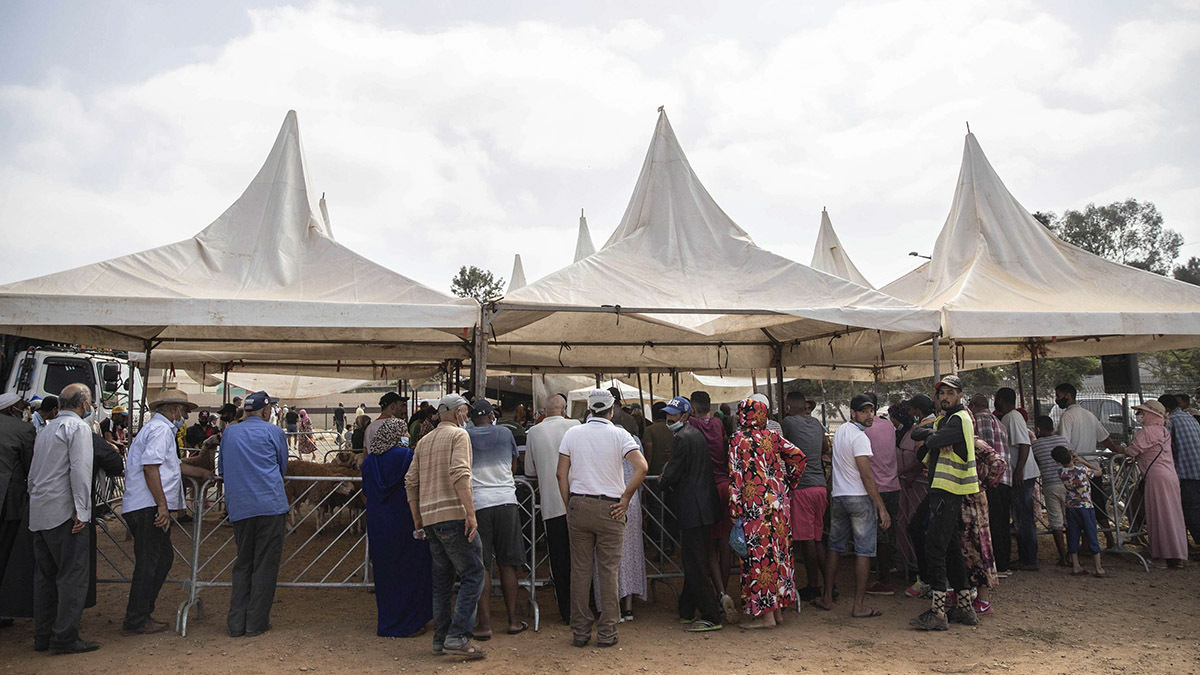
However, Eid al-Adha is much more than a ritual act. It is a time for introspection, community and generosity. In the days leading up to the festival, the faithful reflect on their willingness to abandon selfish desires and harmful habits in search of a deeper connection with God and with others.

